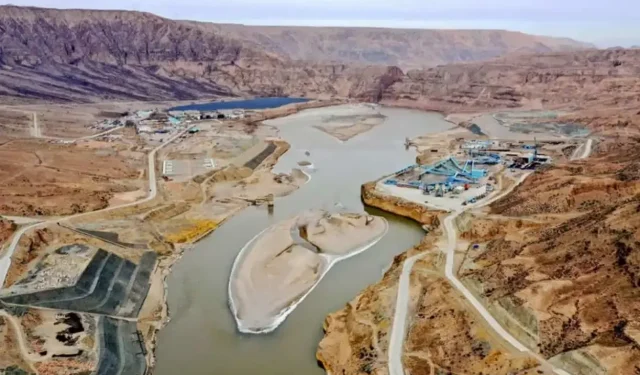China is preparing to 3D print a large dam with AI-controlled robots.
Construction has undergone significant changes in recent years, with innovations in materials, of course, but also in the technology itself. One of them, still quite new, can significantly reduce delays. 3D printing will be the focus of China’s huge dam project.
China to 3D print large dam
The general public hardly uses 3D printers at home, 3D printed houses are still the exception, but China wants to go further and is preparing to 3D print a dam in Tibet with an AI-powered design and no employees. Once completed, this plant should produce at least 5 billion kilowatt-hours of electricity per year.
The project originated in the Laboratory of Hydroscience and Engineering at Tsinghua University 10 years ago with the common idea of developing the world’s largest 3D printer. Only that! An object that will be much larger than the one we use today for 3D printing.
Like a household 3D printer, this 180-metre-high dam will be built layer by layer in an extremely precise and methodical manner.
All with robots controlled by artificial intelligence
But doing so without any human assistance, using only AI-controlled robots, can be more of a challenge than it sounds. Theoretically, robots could work faster and more accurately even in dangerous environments, but the terrain and weather can be very challenging and it’s safe to say that many engineers and other professionals will stay on site to make sure everything goes well. In any situation that robots cannot handle on their own, humans must handle it.
This dam project is normally due for completion in 2024, which will be extremely impressive if the target is met. 3D printing is rapidly changing the way things are made, big and small. Sometimes it’s ultra-modern, exquisite materials and the smallest details, in this case it can be a huge machine with unprecedented speed.


